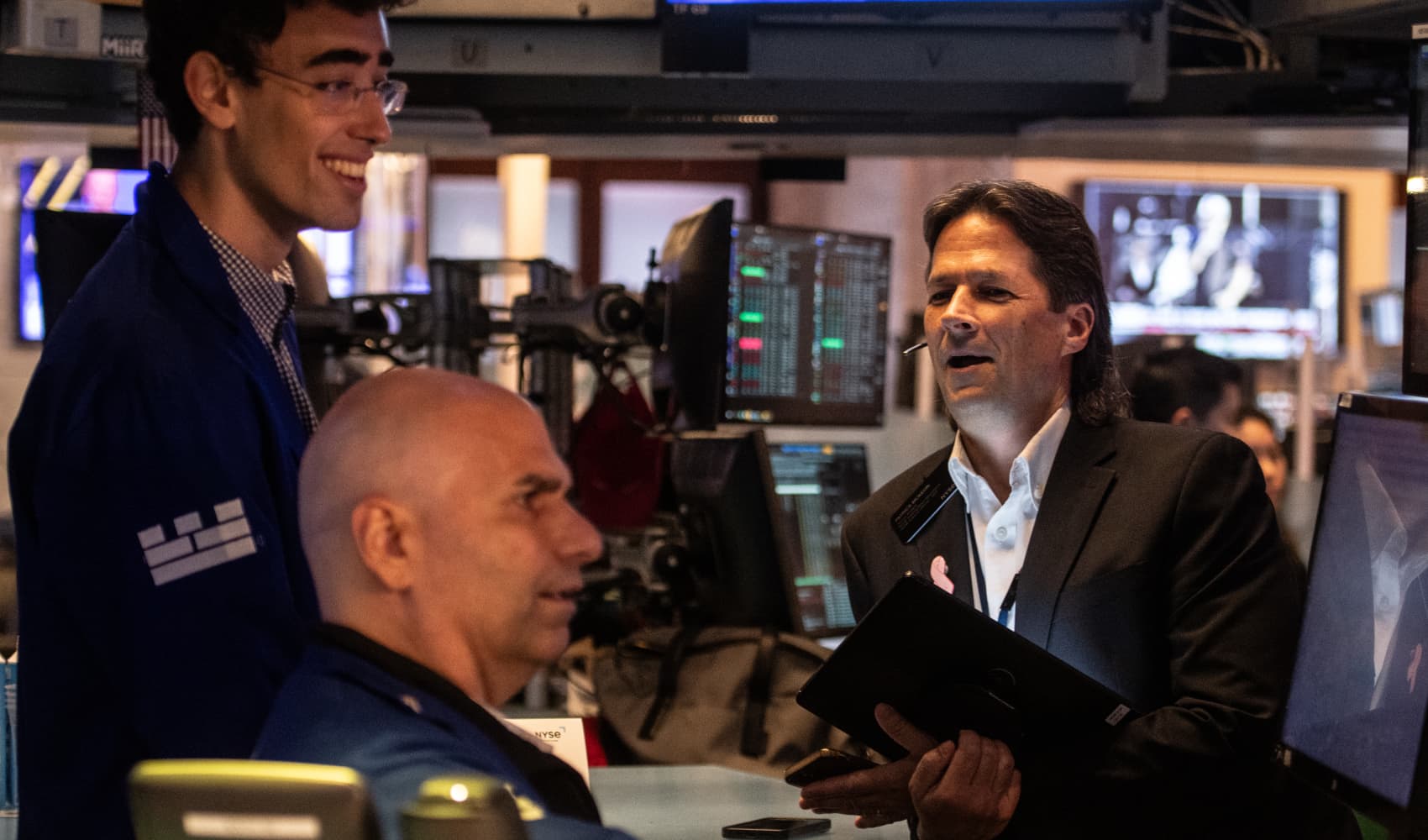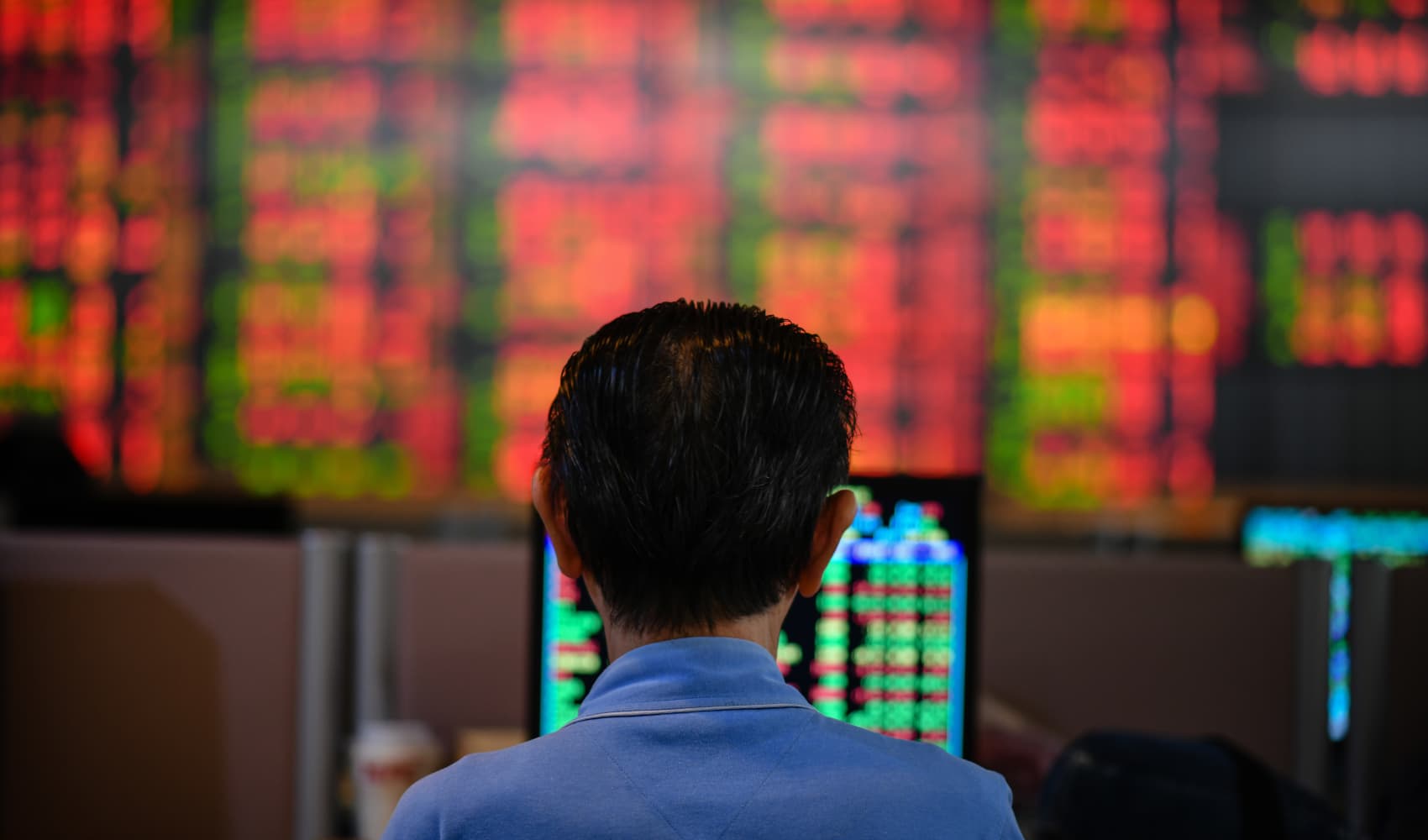
- India offers a 'very favorable' environment for companies to list, said Shailendra Singh, managing director at Peak XV Partners.
- The Indian IPO market is set to remain strong in 2024, buoyed by optimistic investor sentiment, a robust economy, and expectations of lower inflation and rate cuts, according to EY.
- India is emerging as a bright spot amid global macroeconomic uncertainty, mainly driven by optimism over the country's resilient economic fundamentals, KPMG said last month.
India offers a "very favorable" environment for companies to launch initial public offerings, said Shailendra Singh, managing director at Peak XV Partners, formerly Sequoia Capital India & Southeast Asia.
"My general view is, especially in Indian public markets, the regulatory framework, what Securities and Exchange Board of India does, what Reserve Bank of India does, what other regulators do is actually really good," Singh told CNBC's Tanvir Gill.
Singh, who has been at the VC firm for 18 years and led it since 2011, said India has created "a very favorable environment" for companies to list there. "It's both safe and dynamic in India for a young company to be able to go public."
There were 220 IPOs in India last year, up 48% from 2022, making it the second-largest IPO market in the world, according to an EY report. Though Mainland China took the top spot, the number of IPOs there slid 29% to 302.
The Indian IPO market is set to remain strong in 2024, buoyed by optimistic investor sentiment, a robust economy, and expectations of lower inflation and rate cuts, EY said.
"The Indian capital markets have evolved quite a bit. The markets have deepened in terms of liquidity. There's lots of interest in tech companies coming up because ... we are beginning to see a large number of companies with triple-digit million revenues and profits," Singh said.
Money Report
India is emerging as a bright spot amid global macroeconomic uncertainty, mainly driven by optimism over the country's resilient economic fundamentals, KPMG said last month in its report "IPOs in India."
On why some Indian firms prefer to list locally, Singh said: "Founders are realizing that the U.S. markets may not always understand Indian companies."
As many as 20 companies including Zomato and Mamaearth in Peak XV's portfolio have listed via IPOs, the firm said. Peak XV Partners, one of Asia's largest tech investors, manages $9 billion in assets.
In June, Sequoia divided its global partnership into three independent units, namely Sequoia Capital in the U.S. and Europe, Peak XV Partners in India and Southeast Asia and HongShan in China.
The venture capital firm has invested in more than 400 companies across the technology, software, financial services and consumer sectors including India's fintech firm Pine Labs, Indonesian coffee chain Kopi Kenangan, Singapore-based online marketplace Carousell and edtech companies Byju's and Unacademy.
Favorite sectors in India
India has multiple "pretty exciting" investment areas, Singh said, naming cross-border software, fintech and consumer as the firm's biggest sectors for investments.
Cross-border software is a key area Peak XV is betting on, given the potential of software companies being built in India for the whole world, he said.
"Our second-[biggest] sector tends to be fintech. We are a very strong fintech investor. I think India is one of the world's most fertile markets because of Aadhaar, UPI and the India stack."
In the consumer-centric sector, he listed consumer brands, ed-tech and healthcare as the the firm's focus for investments.
"We will see plenty of good education companies being built in the long-term," Singh said, given that consumers in places like India and China understand that the path to upward social mobility is through education.
There are also emerging areas such as deep tech and semiconductors, which are interesting though it's still early days, he said. "We are [just] starting to make bets."






